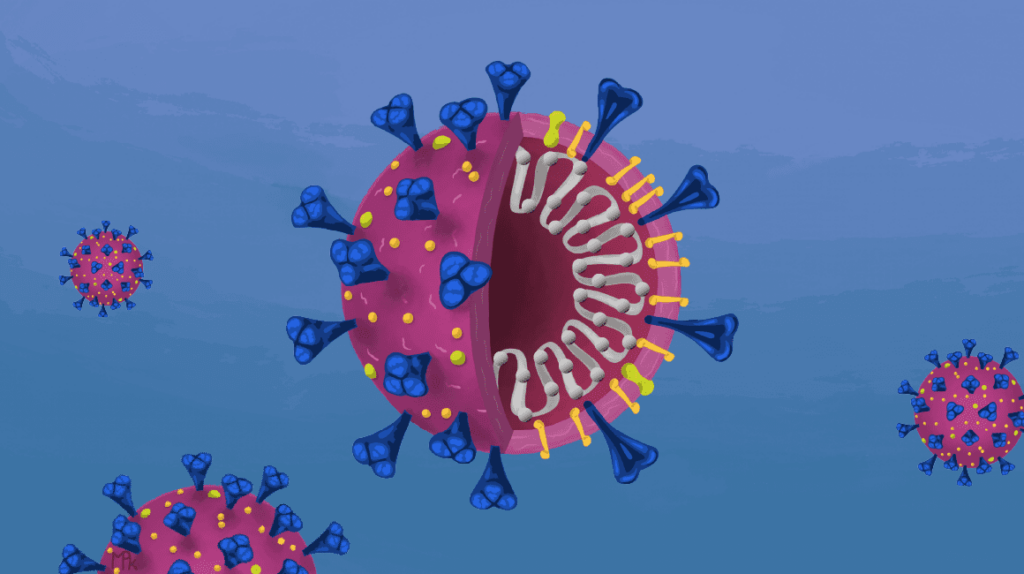Dealing with grief can be overwhelming and complex. Discover practical coping strategies, gain a deeper understanding of grief and loss, and learn how talk therapy can provide effective support during difficult times.
Grief is a fundamental human experience—an intricate blend of emotions triggered by loss. Whether you’re mourning the death of a loved one, the end of a relationship, or a significant life transition, grief presents itself in many forms. It’s an emotional journey marked by waves of sadness, anger, confusion, and eventual acceptance. Although loss serves as a stark reminder of life’s impermanence, it also offers an opportunity for healing, growth, and resilience. Each person’s grief journey is unique, underscoring the deeply personal nature of loss. Navigating grief requires patience, self-compassion, and openness to the pain as an essential aspect of recovery. Through this process, we can find the strength to rebuild and gradually embrace life anew.
Grief: Definition, Causes, Symptoms, Coping Tips, & How to Get Therapy
Grief and loss affect millions daily, manifesting differently for each individual. There is no fixed timeline for grieving; it varies widely from person to person physically, emotionally, and behaviorally.
This comprehensive guide delves into the nature of grief, symptoms to watch for, effective coping mechanisms, and why seeking professional help—such as text therapy—can be invaluable for healing.
What Is Grief?
Grief is a natural and emotional response to the loss of someone or something meaningful. This profound experience may include feelings of disbelief, anger, sadness, shock, and more.
Grief often envelops you for an extended period, profoundly impacting both your physical and emotional well-being. While commonly linked with deep sadness, it can also cause numbness or emotional withdrawal as your mind copes with loss.
What Can Cause Grief?

The death of a loved one is a common trigger for grief, but it’s not the only cause. Grief can arise from various types of loss, such as:
- Ending of a romantic relationship
- Loss of good health
- Job loss or career changes
- Death of a pet
- Miscarriage or infertility challenges
- Loss of a lifelong dream or goal
- Termination of a close friendship
- Retirement or major lifestyle changes
- Sale or loss of a family home
As highlighted, grief extends beyond the death of a person and can be triggered by any significant loss that impacts your life deeply.
What Are the Symptoms of Grief?
Grief presents in varied symptoms across several dimensions, including:
Emotional Symptoms
Common emotional experiences include shock, anger, bitterness, numbness, irritability, intense sadness, despair, detachment, guilt, anxiety, and fear.
Mental Symptoms
Mental symptoms may involve persistent rumination about past events, worries, sleep disturbances, intrusive memories, and vivid fantasies.
Read More: How Hearing Loss Affects Your Confidence?
Physical Symptoms
Physical signs of grief can include fatigue, chest pain, headaches, digestive issues, and unexplained changes in weight.
Behavioral Symptoms

Behavioral symptoms often include social withdrawal, decreased motivation, isolation, and frequent focus on memories or reminders of the lost one.
Understanding the Stages of Grief
Psychiatrist Elisabeth Kübler-Ross identified five stages of grief, which describe the common emotional processes individuals may experience:
- Denial: Refusing to accept the reality of the loss as a way to protect oneself from emotional pain.
- Anger: Expressing frustration by blaming others, circumstances, or oneself.
- Bargaining: Attempting to negotiate or make deals in hopes of reversing or lessening the loss.
- Depression: Deep sadness and withdrawal as the reality sets in.
- Acceptance: Coming to terms with the loss and finding a way to move forward with life.
6 Practical Tips for Coping with Grief and Loss
Looking for effective strategies to manage grief? Here are six practical tips to help you through your healing journey:
1. Accept Your Feelings
Recognize and acknowledge the wide range of emotions that come with grief. Accepting these feelings as normal helps you process your emotions and begin healing.
2. Grieve for as Long as You Need

Allow yourself as much time as you need for grieving. Healing is not linear, and rushing the process can impede emotional recovery. It’s okay if your healing journey spans months or even years.
3. Experience Grief on Your Own Terms—Avoid Comparisons
Everyone copes with grief differently. Avoid comparing your healing process to others’, whether friends, family, or stories seen on social media. Such comparisons can intensify distress and self-judgment. Embrace your unique path to healing.
4. Allow Your Grief to Be
Resisting grief often amplifies emotional pain and anxiety. Instead, consciously allow yourself to experience and express grief fully. This mindful acceptance aids in emotional regulation and eventual healing.
The healthy provides effective methods to process grief authentically and compassionately.
5. Seek Strong Social Support

Connect with others to feel supported during grief by:
- Talking openly with trusted friends or family members
- Engaging with a licensed therapist
- Joining peer support groups focused on grief and loss
Remember, if you’re not ready to discuss your feelings, spending quality time with loved ones or socializing without focusing on grief can also help.
Additionally, you may opt to create a memorial profile or share positive memories with others on Forevory..
6. Allow Yourself to Feel All Emotions

Grief generates a spectrum of emotions beyond sadness—anger, disappointment, guilt, and shame may also surface. Avoid setting rigid expectations for how you should feel. Embrace all your emotions as valid parts of your healing process.
Celebrate the Life of Your Loved One
Honor your loved one’s memory by engaging in activities they cherished. Whether it’s supporting animal rescue, volunteering in community projects, or starting a charitable initiative in their name, celebrating their life can provide comfort and purpose.
When to Seek Professional Help for Grief

As healing progresses, feelings of intense pain, numbness, and sadness generally diminish, allowing peace and acceptance to emerge. However, if grief symptoms like denial, persistent yearning, anger, or intrusive thoughts remain overwhelming for months or years, professional support may be necessary.
In such cases or if you simply want someone to talk to about your feelings, seeking a grief therapist can provide tailored assistance to manage difficult emotions and promote recovery.
Online therapy platforms, such as Calmerry, offer flexible, accessible, and effective options for grief counseling tailored to your needs.
Author Bio
Kate holds a B.S. in Psychology and an M.A. in Clinical Psychology from Pepperdine University. Since 2017, she has specialized in healthcare, focusing on treating depression, anxiety, eating disorders, trauma, grief, identity, relationship, and adjustment challenges. Her expertise includes individual and group therapy.
If you want to explore more topics related to Coping With Insomnia, visit our health category for additional resources and articles.
Frequently Asked Questions about Grief
Grief is highly individual and can last from months to years. There is no “right” duration; what’s important is allowing yourself to grieve fully in your own time.
Yes. Grief often affects physical health, resulting in fatigue, headaches, changes in appetite, and sleep disturbances.
Absolutely. Healing from grief means learning to live with the loss, honoring the memory, and gradually finding joy in life again without diminishing the significance of that person.
If grief symptoms persist intensely for months, interfere with daily functioning, or cause overwhelming emotional pain, seeking professional therapy is recommended.
Online therapy offers convenient, flexible access to licensed therapists who can provide emotional support, coping strategies, and tailored treatment plans for grief and loss.



